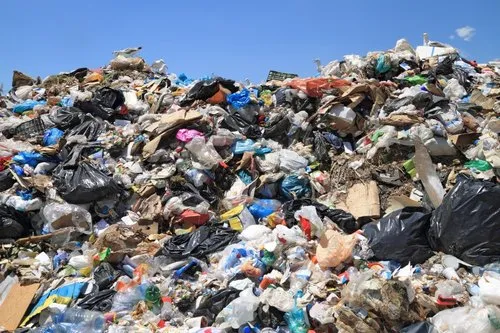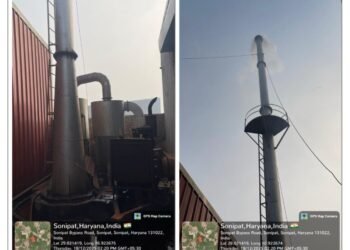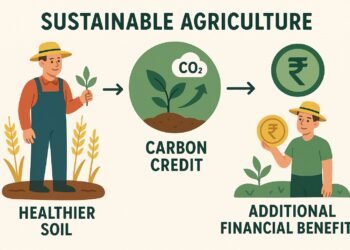Bio-mining is vital for India’s waste management goals and environmental sustainability
CHENNAI (India CSR): In a setback for environmental cleanup efforts, the Tamil Nadu Authority for Advance Ruling (AAR) has turned down a request from a local contractor for a GST exemption on services related to bio-mining old dumped waste in Sathur town.
The applicant, M/s. Shannugavel Thevar Sesappan, a works contractor from Virudhunagar district, had approached the AAR seeking clarity on two key issues: classifying their bio-mining and waste recovery project as “Solid Waste Management” services, and claiming a full tax exemption under Notification No. 12/2017-Central Tax (Rate) dated June 28, 2017. This notification exempts certain public health and sanitation services, including solid waste management provided to municipalities.
The project involves excavating, sieving, and processing compacted legacy garbage from Sathur Municipality’s dump yard to recover usable materials and reduce landfill waste. Awarded through a tender, the contract covers site preparation, mechanical sieving, bio-degradation, and maintenance—aimed at turning the 14-year-old dump site into a cleaner compost yard.
However, the AAR rejected the application on November 2, 2025, citing Section 98(2) of the CGST/TNGST Acts, 2017. The ruling body noted that the same matters—service classification and exemption eligibility—were already under scrutiny by tax officers. Monthly GST returns (GSTR-3B and GSTR-1) and annual returns (GSTR-9) for the financial year 2018-19 had triggered notices for reconciliation, leading to assessment demands totaling over Rs. 8.74 lakh in tax, interest, and penalties.
The contractor had faced multiple show-cause notices since 2020, including a DRC-01A notice in 2022, and even filed a writ petition in the Madras High Court in 2024. The court directed a fresh hearing, but the department’s ongoing probe meant the AAR couldn’t intervene, as per procedural rules barring duplicate proceedings.
“This rejection underscores the challenges in overlapping tax assessments and advance rulings,” said a GST expert familiar with the case. “While bio-mining is vital for India’s waste management goals, contractors must resolve departmental queries first to unlock exemptions.”
The applicant now faces the original tax demands unless resolved through appeals or further court intervention. Sathur Municipality, which relies on such projects for urban sanitation, has not commented on the ruling’s impact.
For more details, the full AAR order (No. 39/AAR/2025) is available on the Tamil Nadu GST portal. Environmental groups hope this doesn’t delay similar legacy waste remediation efforts across the state, where thousands of old dumpsites await bio-mining.
(India CSR)





















